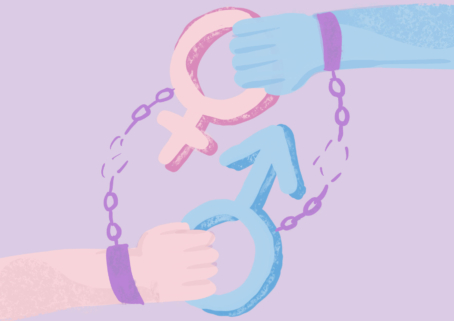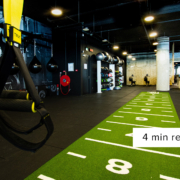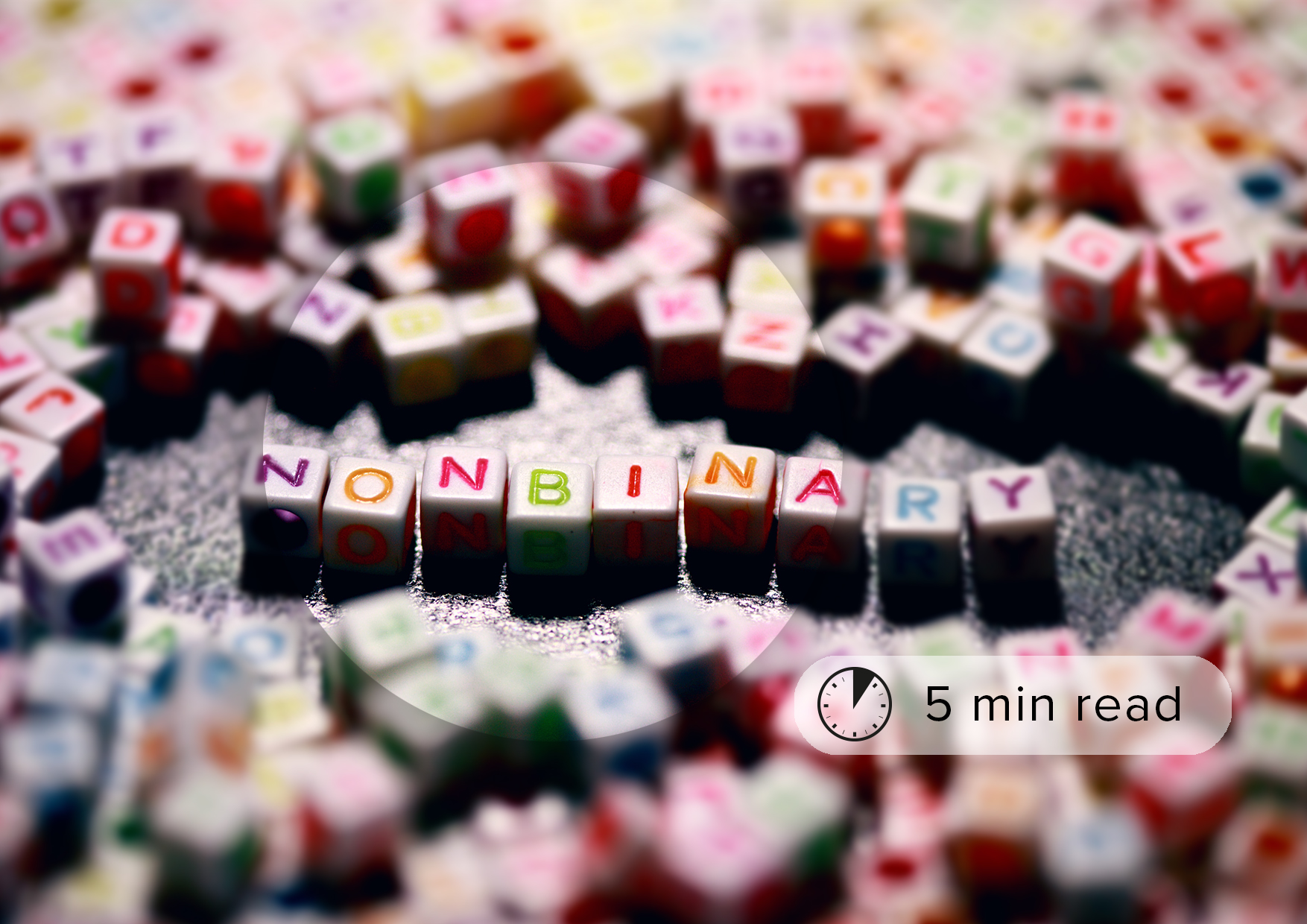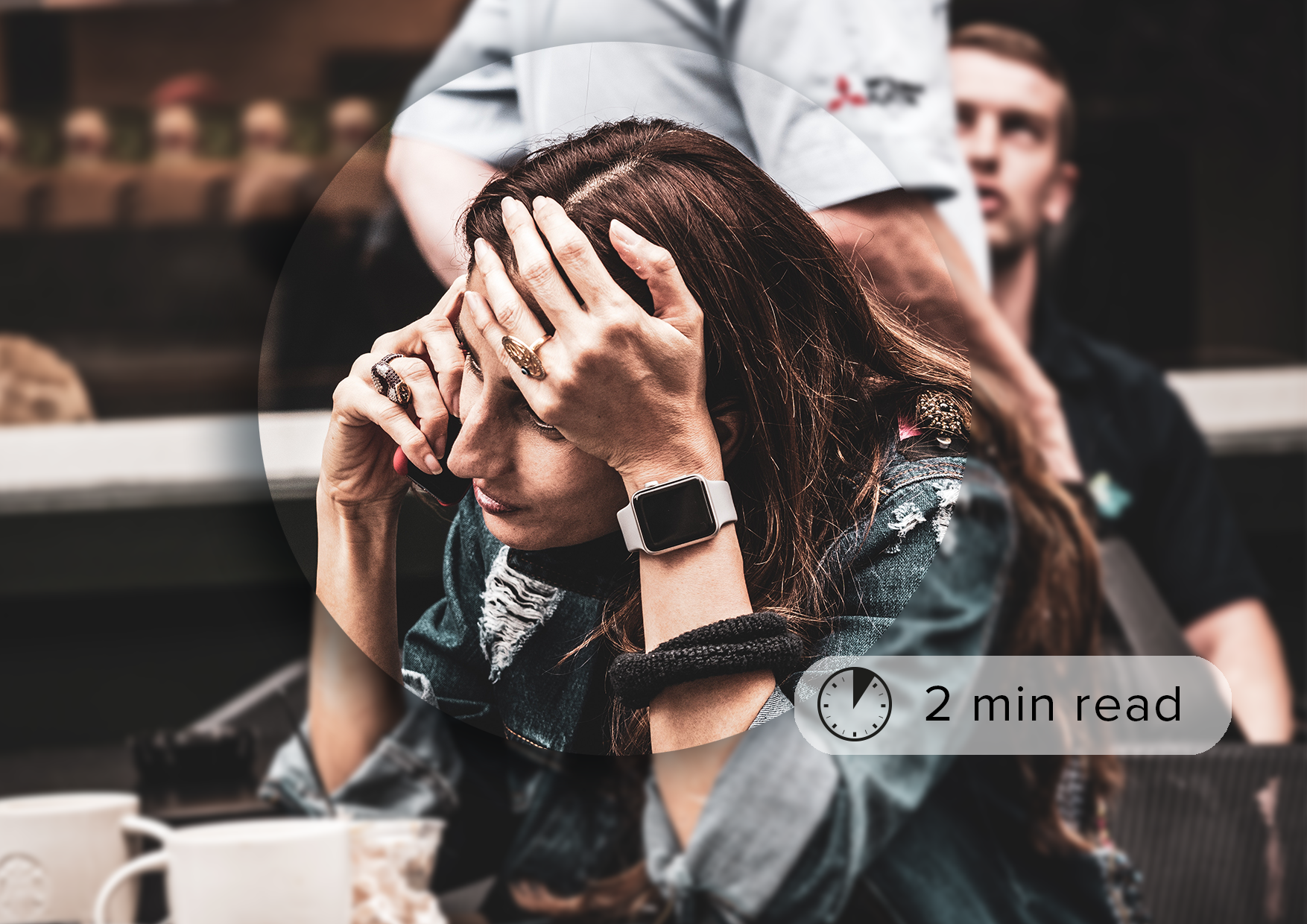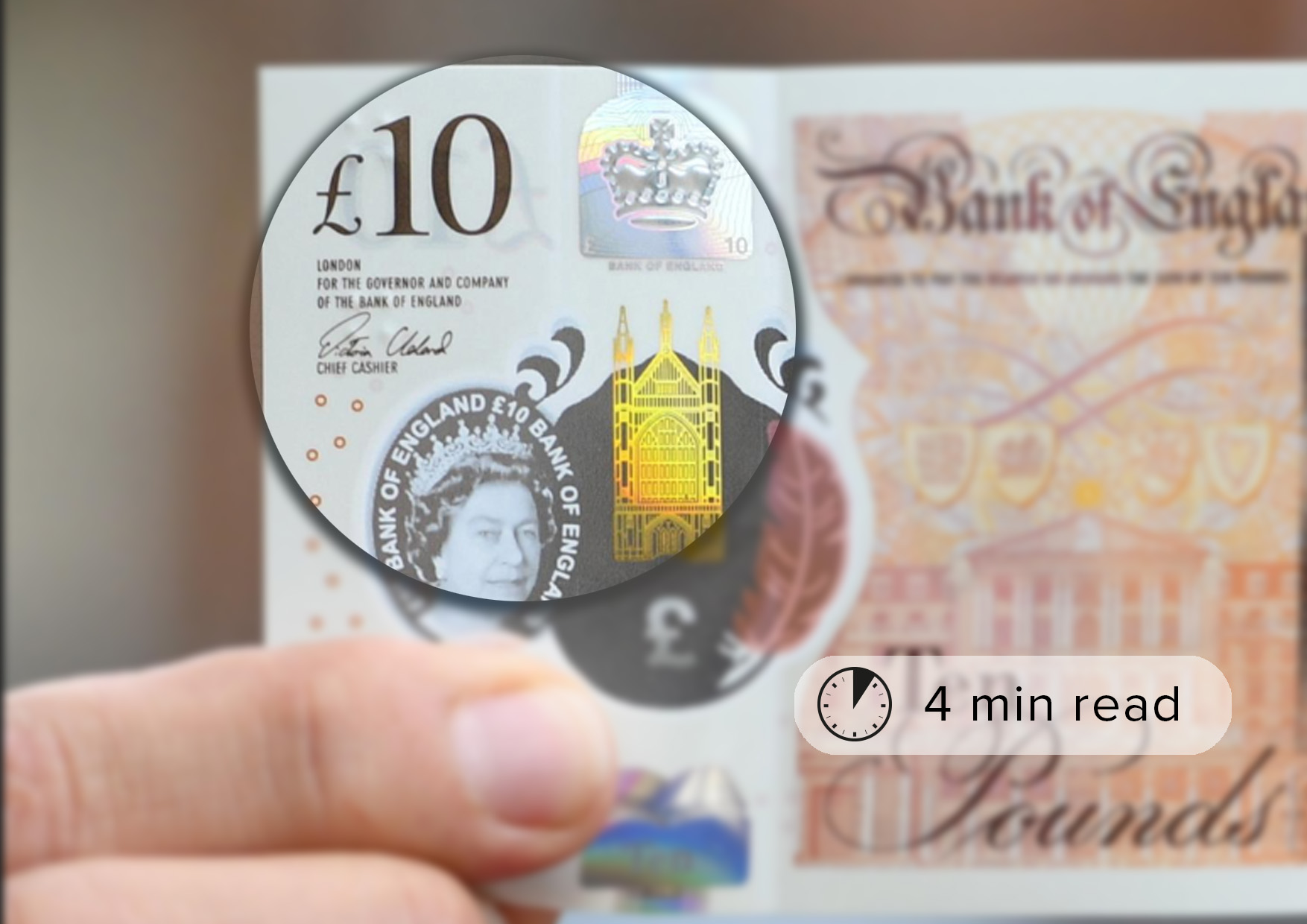Normalising and using gender pronouns correctly
Article written by BLUP50 talent Charlie Greening.
This June is pride month for the LGBTQIA+ community. During this month it is more important than ever that everyone within that community and ally’s of it show their respect, support and understanding of the difficult issues those in the community face.
I am a pansexual and gender-neutral person myself. I have been in relationships with beautiful people of all genders and sexual preferences. So, I thought I’d give you a little insight as to what is important for the LGBTQIA+ community right now and what you can do to show support. I am going to be covering the topic of gender pronouns. You might read this and already be tensing your muscles in a confused panic, especially if you are a heterosexual cis-gendered person. Not to worry, I understand that there is some doubt around this topic as people commonly fear causing offence or think that it is too complex of a topic to get their head around. I am here to explain to you what it means to be non-binary or gender-neutral, how to be respectful and supportive, and why it is important that you state your preferred pronouns, especially if you are cis-gendered!
WHO ARE WE TALKING ABOUT
Non-binary / gender queer people use gender neutral pronouns. Some people don’t fit into categories of ‘male’ or ‘female’. Some people have a gender that blends elements of being a man, a woman or have a gender that is different than either ‘male’ or ‘female’. Some people don’t identify with any gender and some people’s gender changes over time. Some society’s, like ours in the UK, tend to recognise just two genders. The idea that there is only two genders is sometimes called a ‘gender binary’ because the word binary means ‘having two parts’. Therefore, ‘non-binary’ is a term people use to describe a gender that doesn’t fall into one of these two.
SOME THINGS IMPORTANT TO KNOW
Non-binary is nothing new! Non-binary people are not confused about gender or ‘following a fad’. Non-binary identities have been recognised for a millennia by cultures and societies all around the world. In some cultures, gods have been depicted as genderless or gender-fluid for thousands of years. Not all people undergo medical procedures, but for some it is critical and even life saving! Most transgendered people are not non-binary. These people often identify as either ‘male’ or ‘female’ and want to be treated like any other cis-gendered person, so should be! Being non-binary is not the same as being intersex. Intersex people have different anatomy or genes that don’t fall into typical ‘male’ or ‘female’ biology.
HOW TO BE RESPECTFUL
You don’t have to completely understand in order to be respectful. However, it is important to educate yourself as much as you can. Always use the preferred name a person asks you to use. Try not to make any assumptions about a persons gender, If you are unsure you should ask. Advocate for policies that are inclusive to non-binary or gender-neutral people in public spaces. Something as simple as going to the bathroom can be very difficult for a these people due to fear of being verbally or physically assaulted.
WHY YOU SHOULD STATE YOUR PRONOUNS
You can now add your preferred pronouns to Instagram, and I highly encourage you to do so! Even if you feel as though you don’t really need to. The more people that do, the more we can normalise this behaviour and make the process of sharing and accepting pronouns better for all of us. The University of North Carolina wrote: “Normalising and using correct pronouns leads to acceptance and de-stigmatisation of individuals who ‘deviate’ from traditionally used pronouns or pronouns that do not align with their physical appearance or gender-based name. By stating one’s pronouns the need for explanation is eliminated”. Including pronouns on your social media profiles, in email sign offs and when you introduce yourself to someone is a small step that cis-gender people can – and should – be making.
WHY IS IT SO IMPORTANT
The Trevor Project’s 2020 National Survey on LGBTQIA+ Youth’s Mental Health found that a heart-breaking fifty two per cent of trans and non-binary youth have seriously considered death by suicide. Those who reported having their personal pronouns respected by all or most people in their lives attempted suicide at half the rate of those who didn’t have their pronouns respected. It is evident there is more to be done in normalising pronouns and it is vital that it comes from cis-gendered people! This is because cis-gendered people have a privilege that allows the opportunity to work to normalise without the risks that trans, non-binary and gender-neutral people face. It is essential that they use this privilege to cultivate an environment where trans and non-binary people don’t feel alienated!
Article written by BLUP50 talent Charlie Greening (She / They) (@chazzabel)

